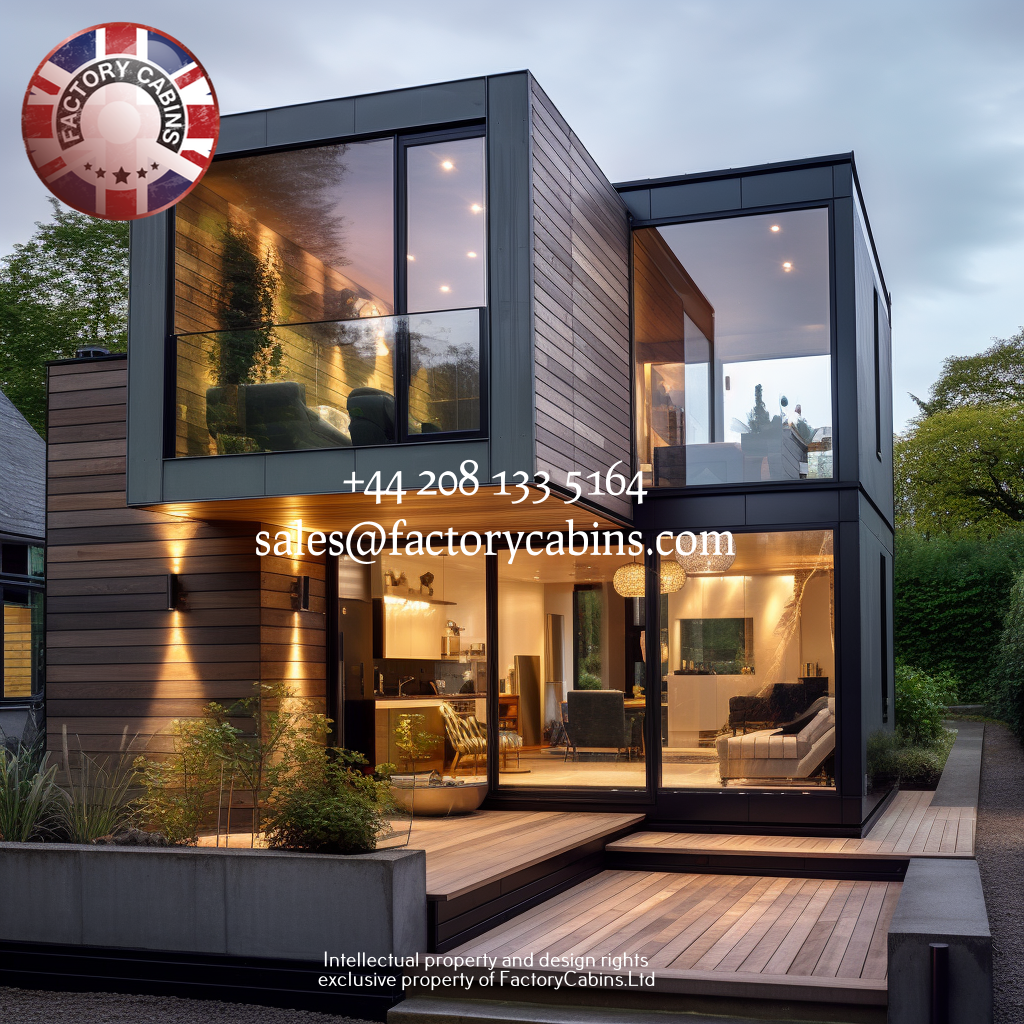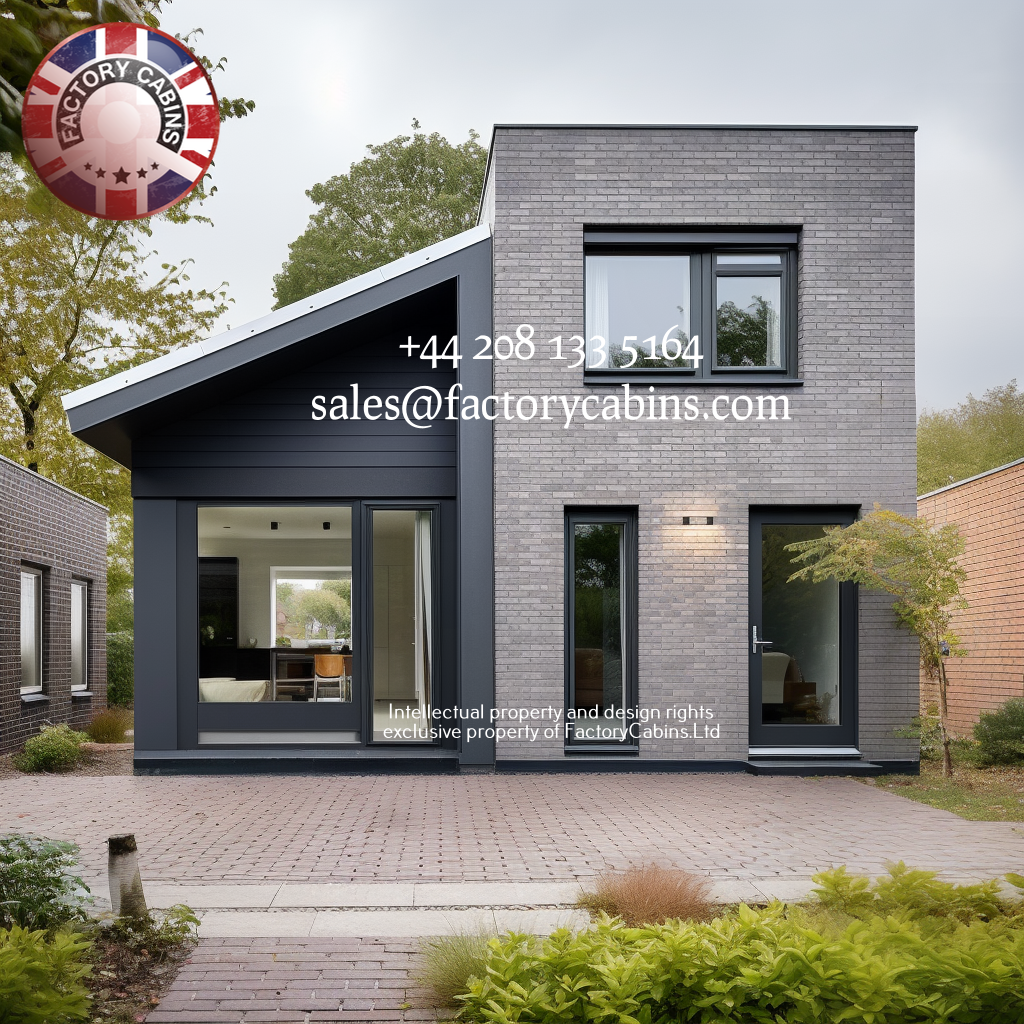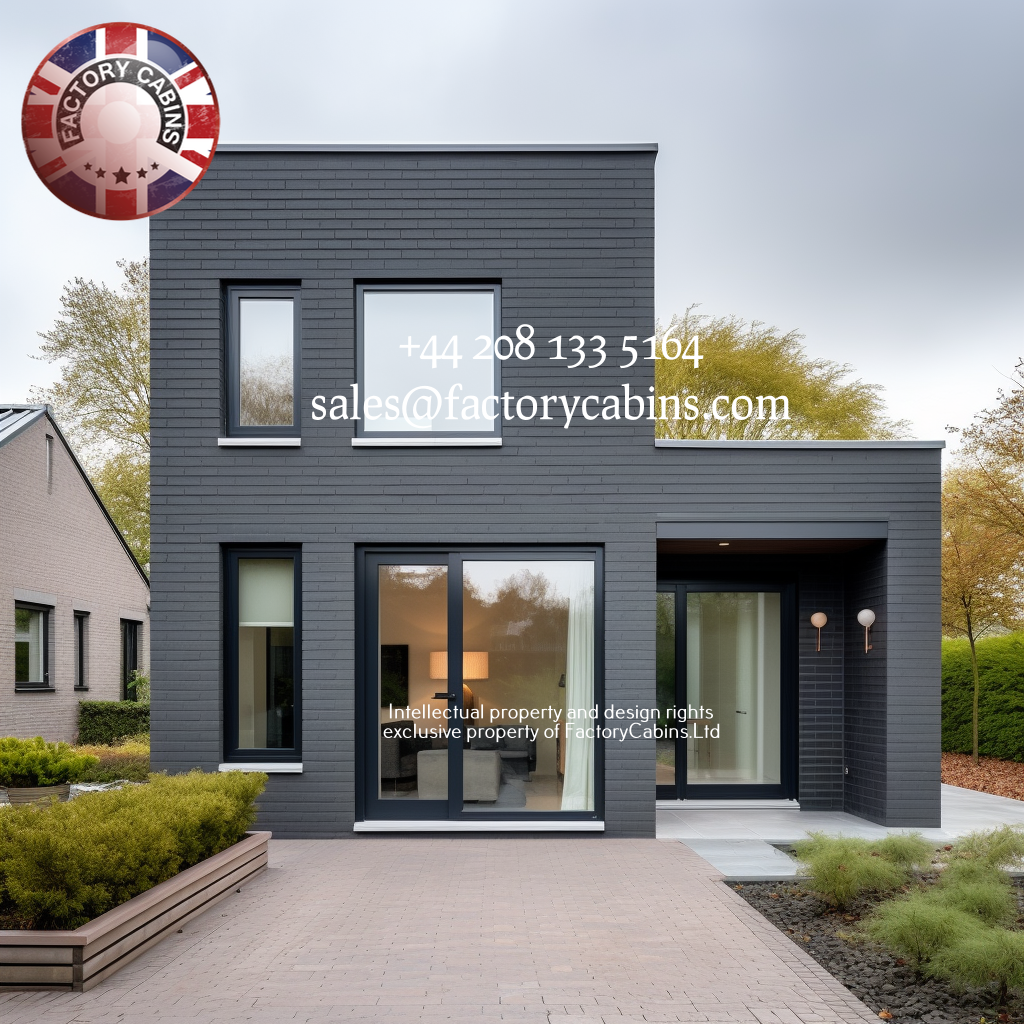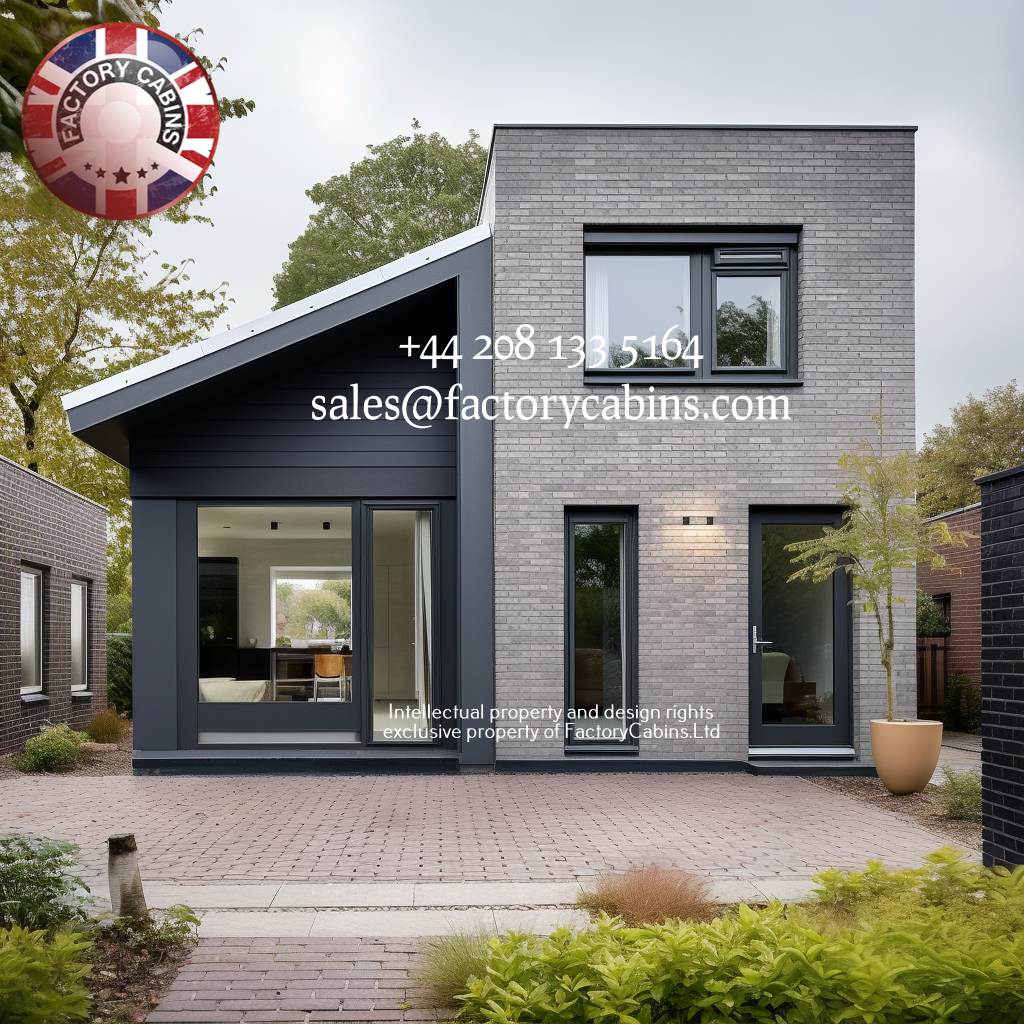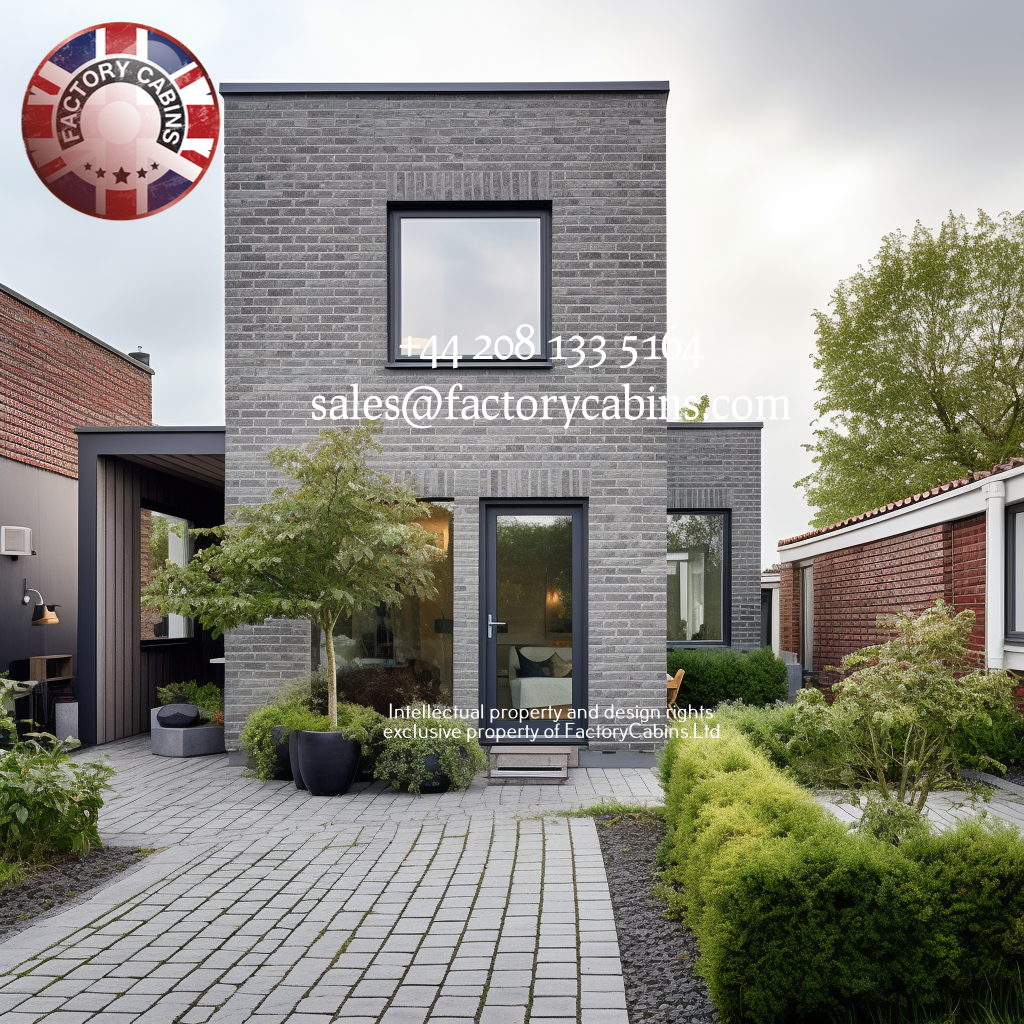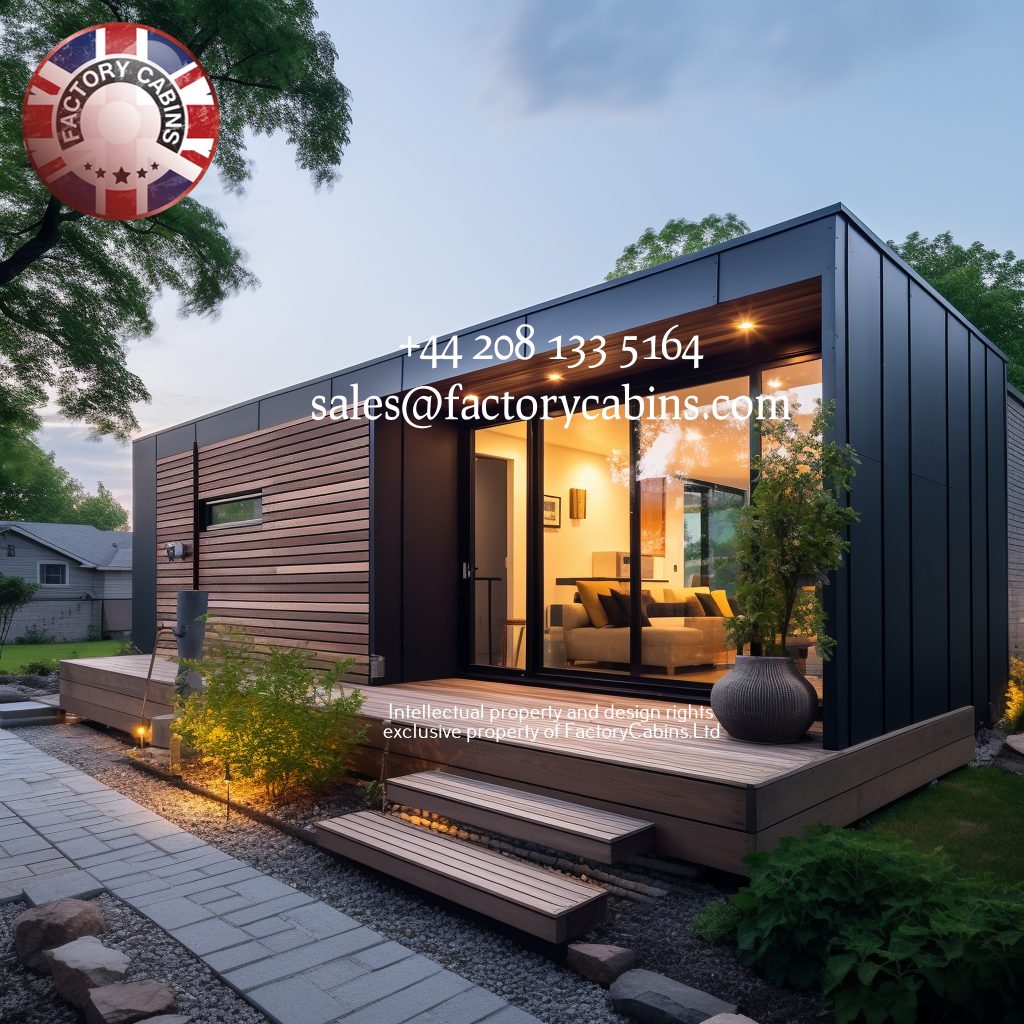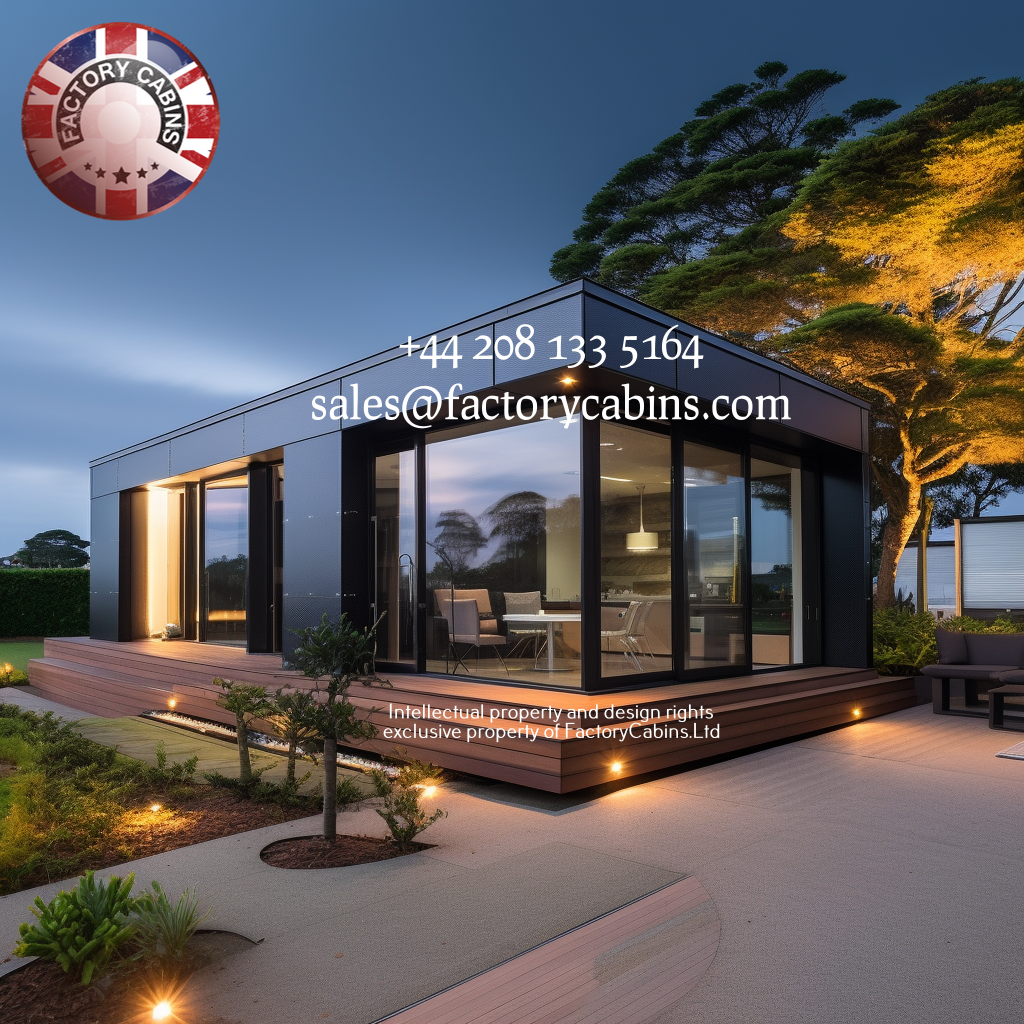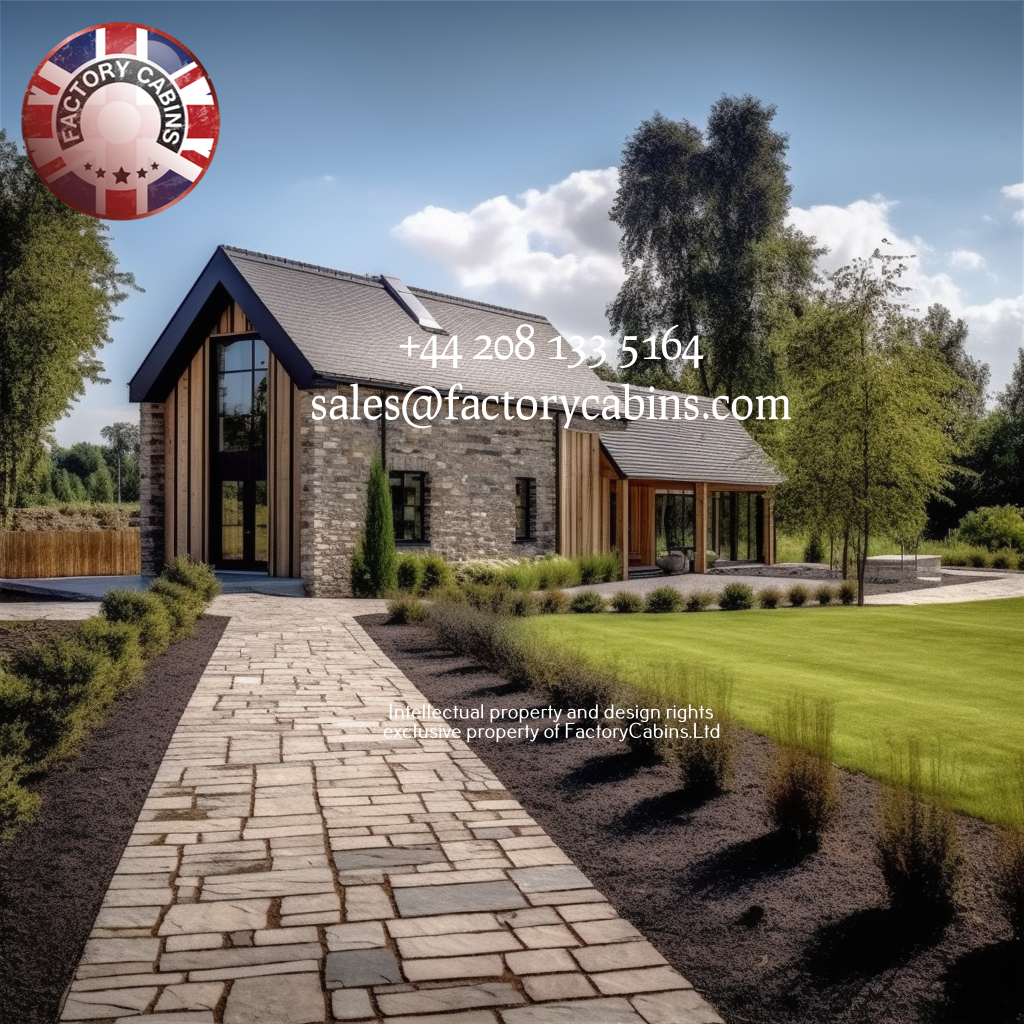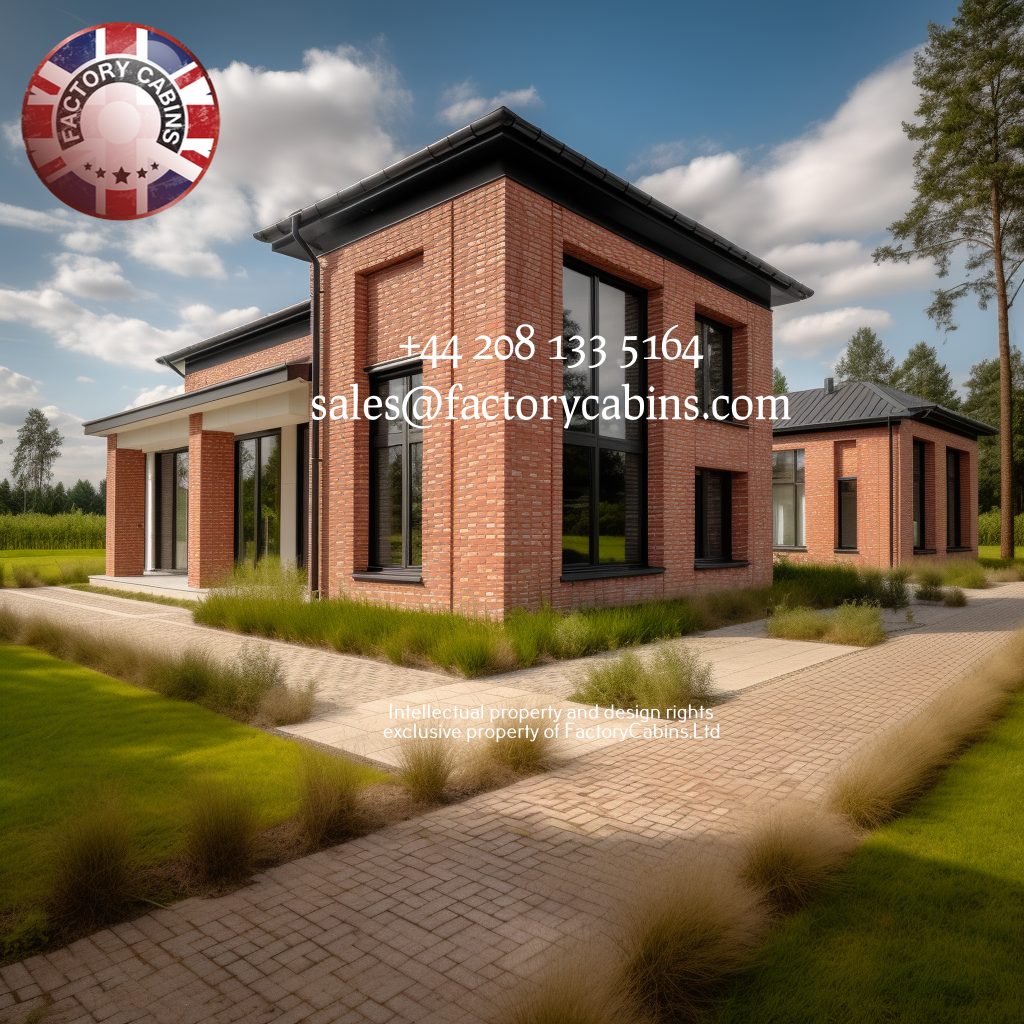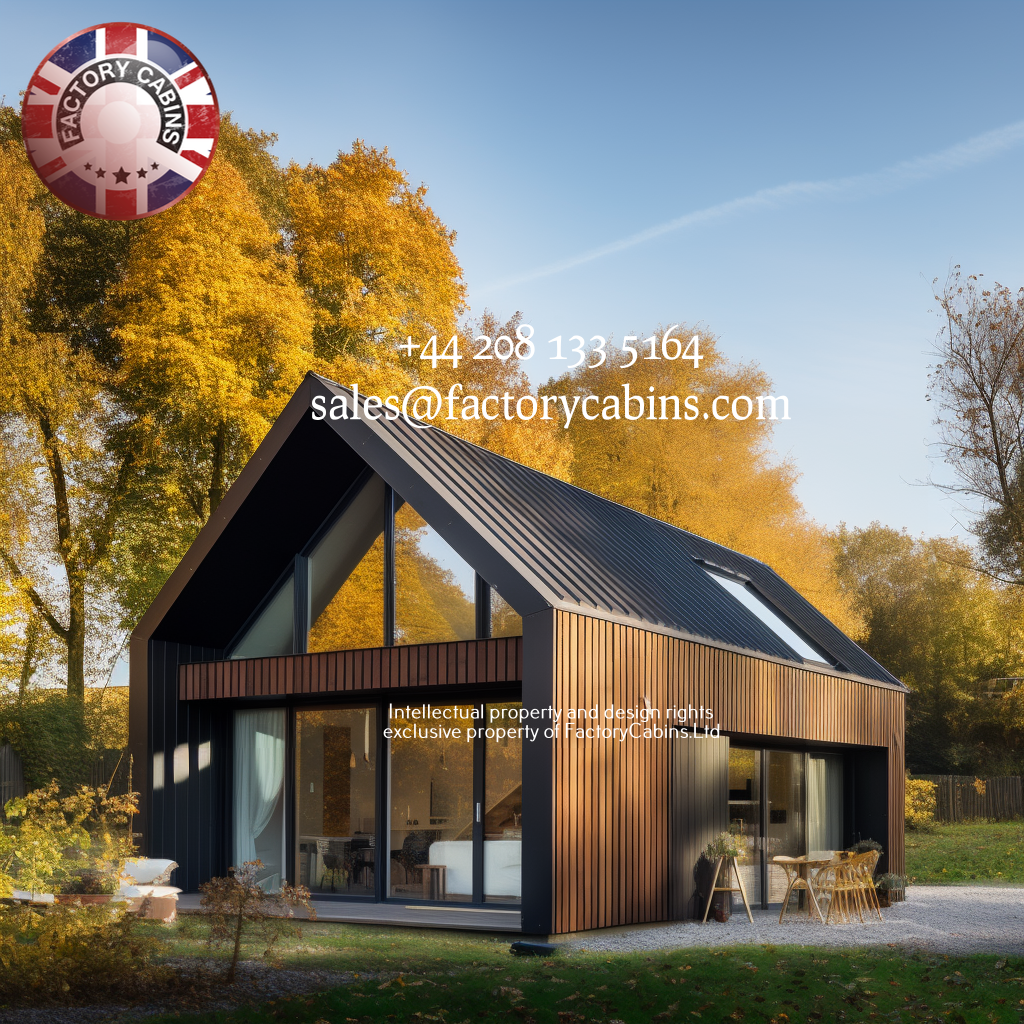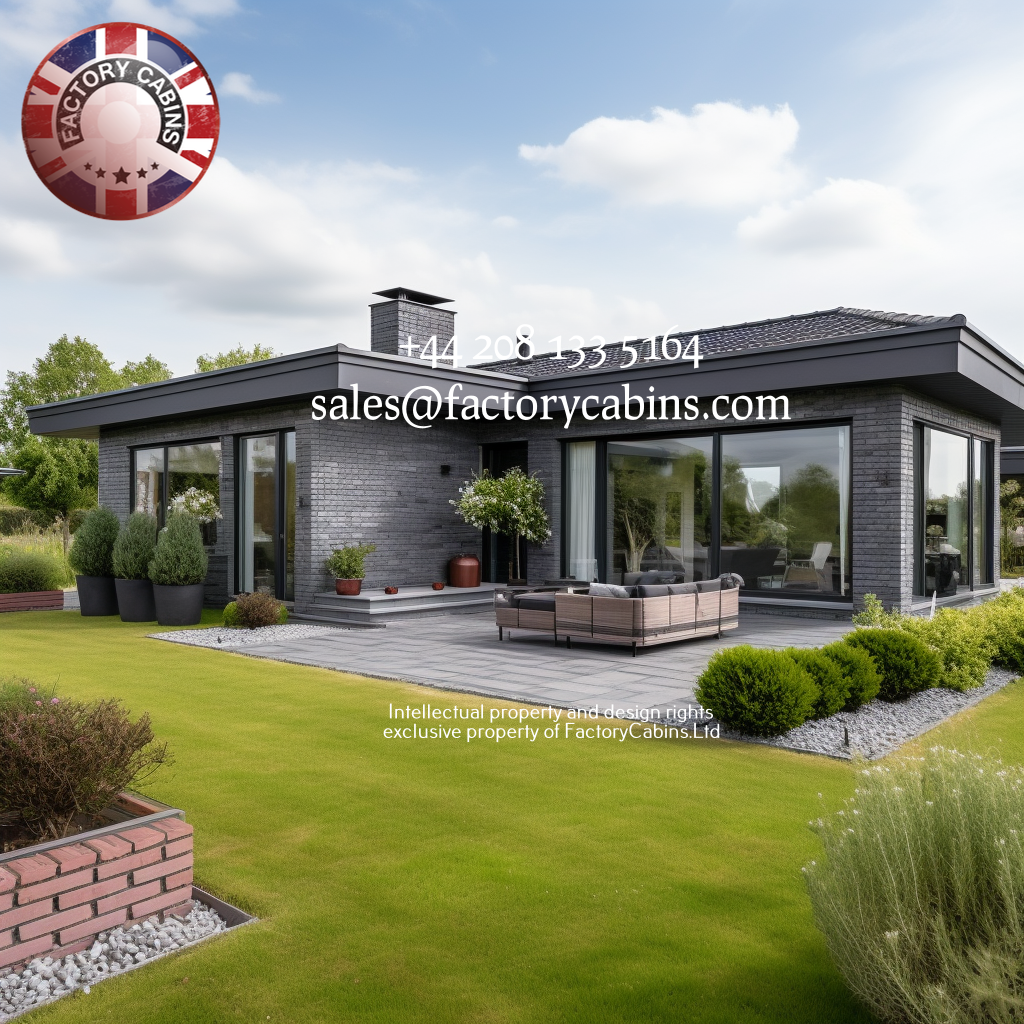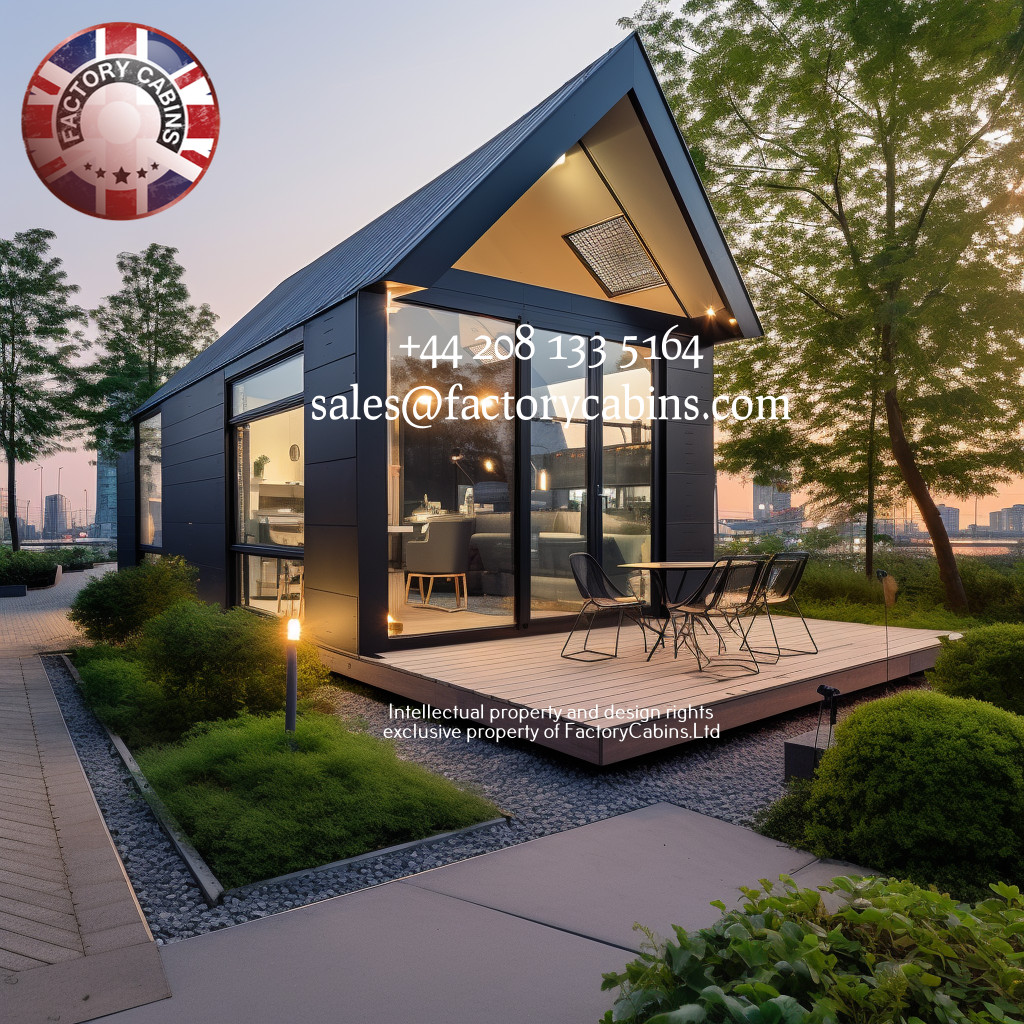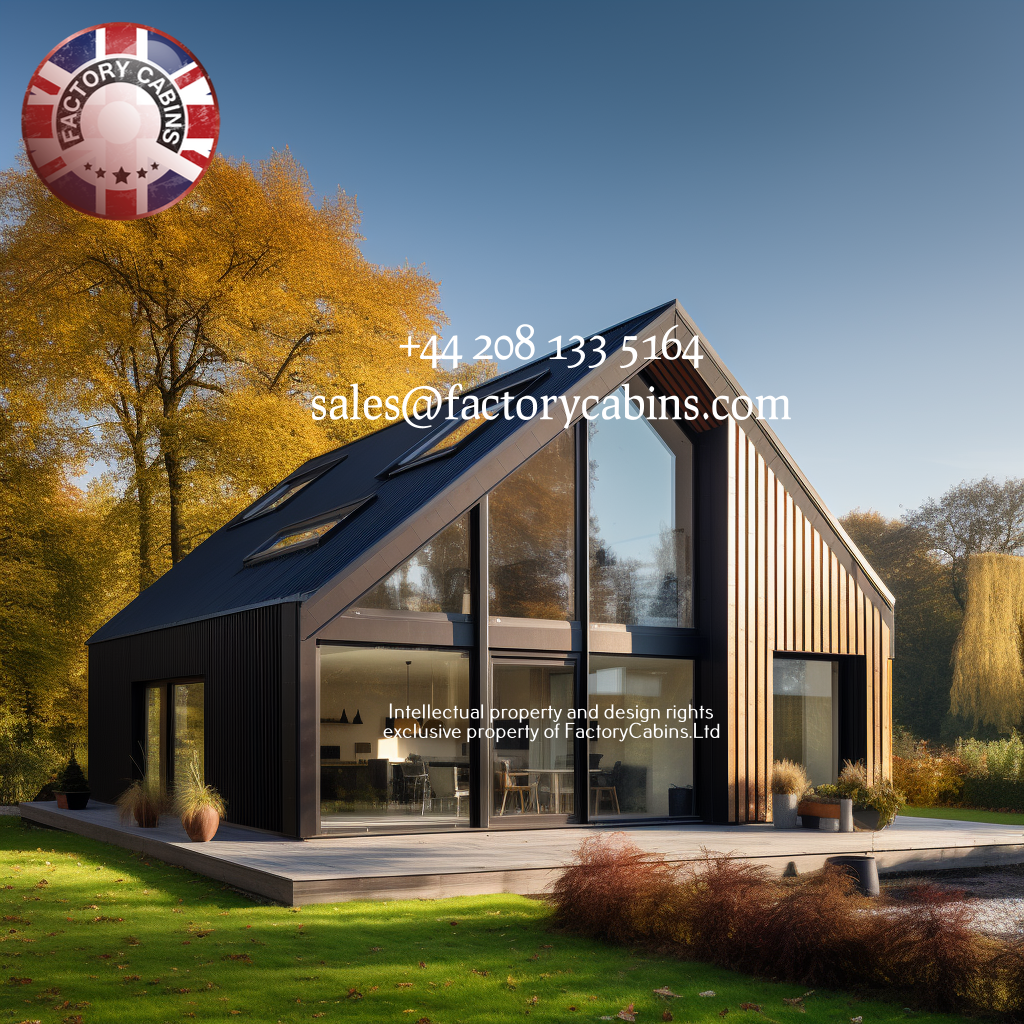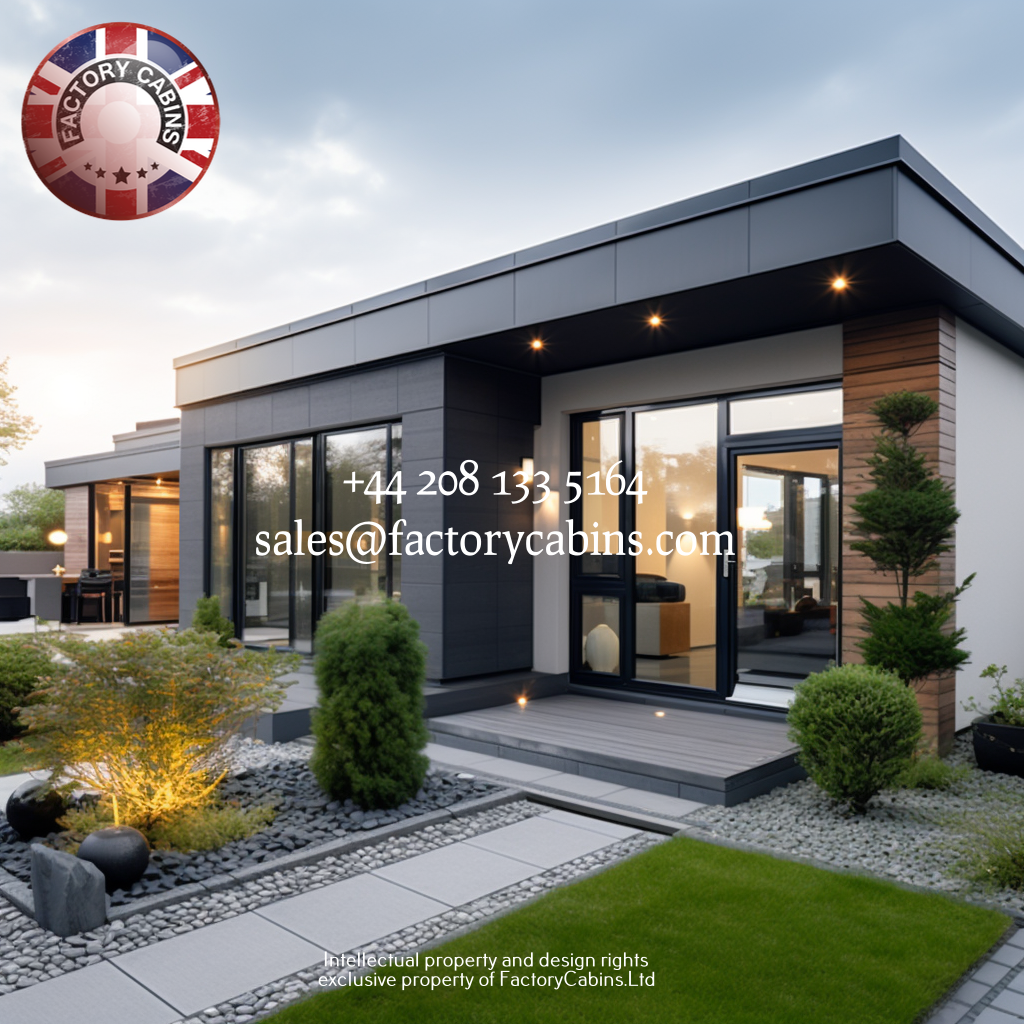
Summary of the article “Sip Panel Buildings: the future of highly Insulated homes”
I. introductory paragraph
A. SIP Panel Definition
B. Increased Interest in Sustainable Building
C. The Importance of Insulation in Modern Homes
A. SIPs (Structural Insulated Panels)
- Components and makeup
- How SIP Panels Work
B. SIP Panel Variations - Expanded polystyrene (EPS) SIPs
- Polyurethane-based SIPs SIPs made of polyisocyanurate
III. The Positive aspects of SIP Panel Buildings

A. reducing energy consumption
- Decreasing Heating and Cooling Expenditure
- Climate Implications
B. Fast Construction - Time-Saving Benefits
- Labour and resource efficiency
C. Structural Stability - Natural Disaster Resistance
- Durability and longevity
IV. Environmental Longevity
A. SIP Panels and environmentally friendly construction
- Use of Renewable Resources
- Minimising Construction Waste
B. Carbon-free, net-zero, and energy-efficient homes - Contribution to Climate Change Reduction
- Practises in Sustainable Construction
V. Obstacles and Misconceptions
A. Initial Costs vs Long-Term Savings
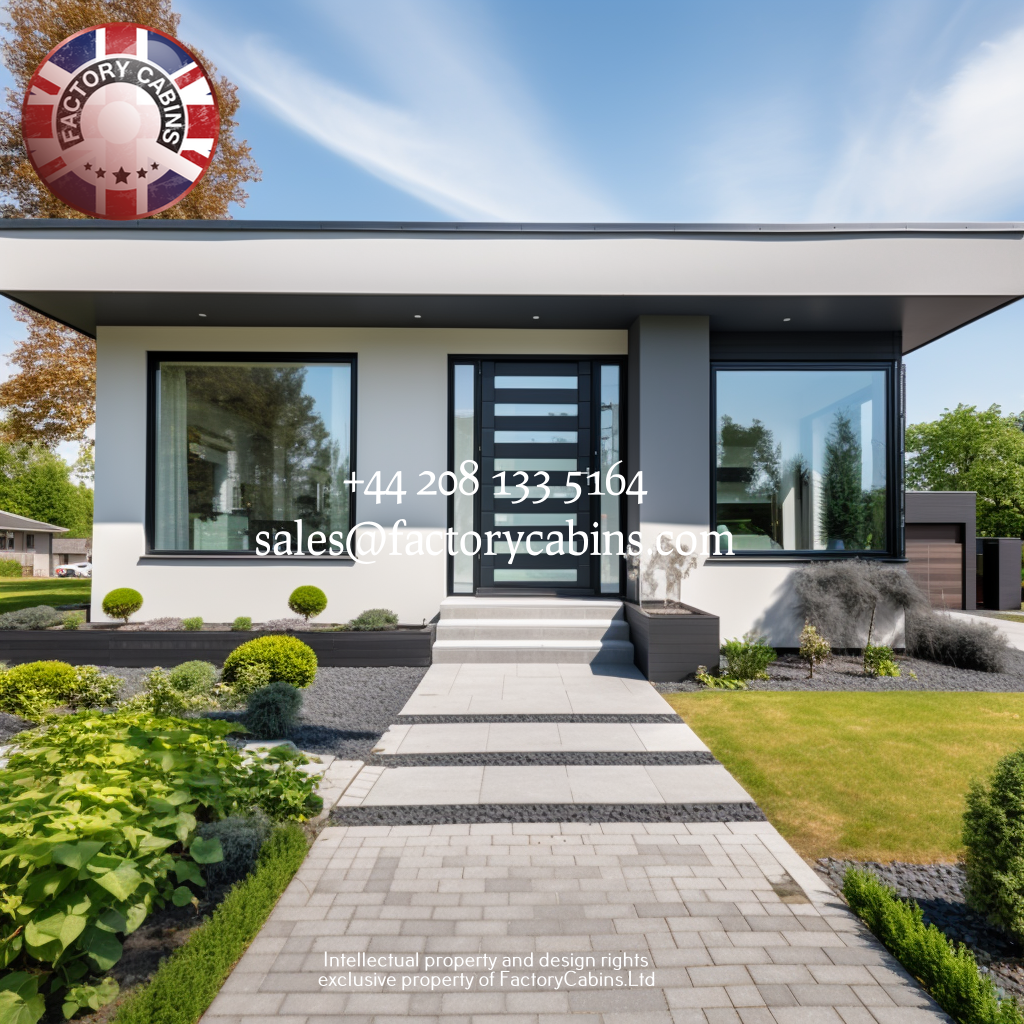
- Dispelling the Myth of Expensive Initial Investment
- Calculating the Return on Investment
B. Engineering, design, and adaptability - Defending Against Common Misconceptions
- Infinite Possibilities for SIP Panel Configuration
Case Studies VI.
A. Successful SIP Panel Construction Projects
- Domestic Applications
- Commercial and Industrial Achievements
B. Lessons Discovered - Takeaways from SIP Panel Implementation
- Overcoming Difficulties in Real-World Projects
VII. The Future of Home Building

A. Technology Progress
- Innovative SIP Panel Manufacturing Concepts
- Compatibility with Smart Home Technologies
B. Increasing Popularity in the Building Industry - 1. Architects and builders use SIP panels.
- Consumer Demand for Eco-Friendly Homes
DIY SIP Panel Construction VIII
A. Homeowners’ Possibility
- Assembly and DIY Kits Workshops on DIY SIP Panel Construction
IX. Regulatory and Certification Requirements
A. Maintaining Compliance
- Building Standards and Codes
- SIP Panel Manufacturer Certifications
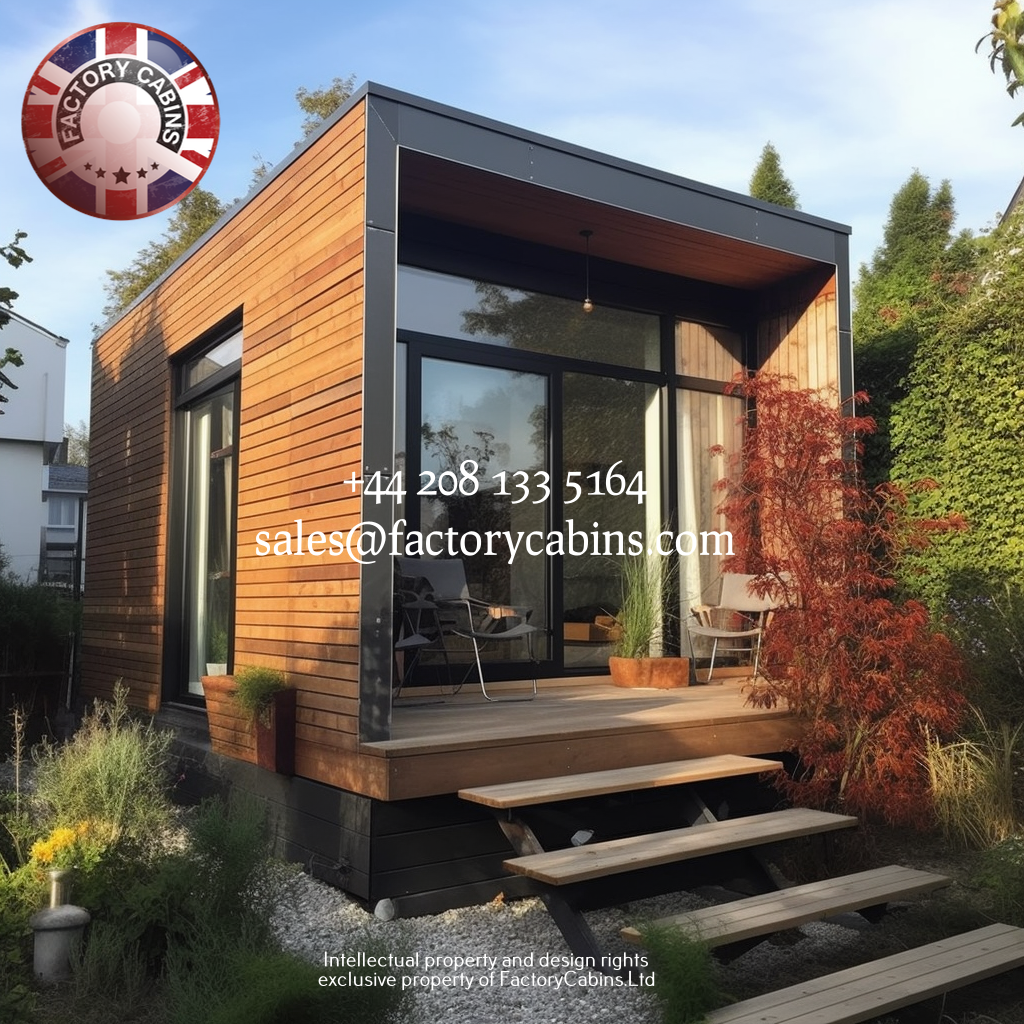
X. Finally,
A. SIP Panel Benefits Recap
B. Promotion of Sustainable Homebuilding Practises
C. Acceptance of the Future of Insulated Living Spaces
Sip Panel Structures: The Future of High-Insulated Homes
The building sector is undergoing a transformational shift in a world where environmental sustainability and energy efficiency are becoming essential issues. One of the key inventions driving this transformation is structural insulated panels (SIPs). These panels, also known as SIP panels, have emerged as a game-changing alternative for building highly insulated homes that not only save energy but also contribute to a greener planet.
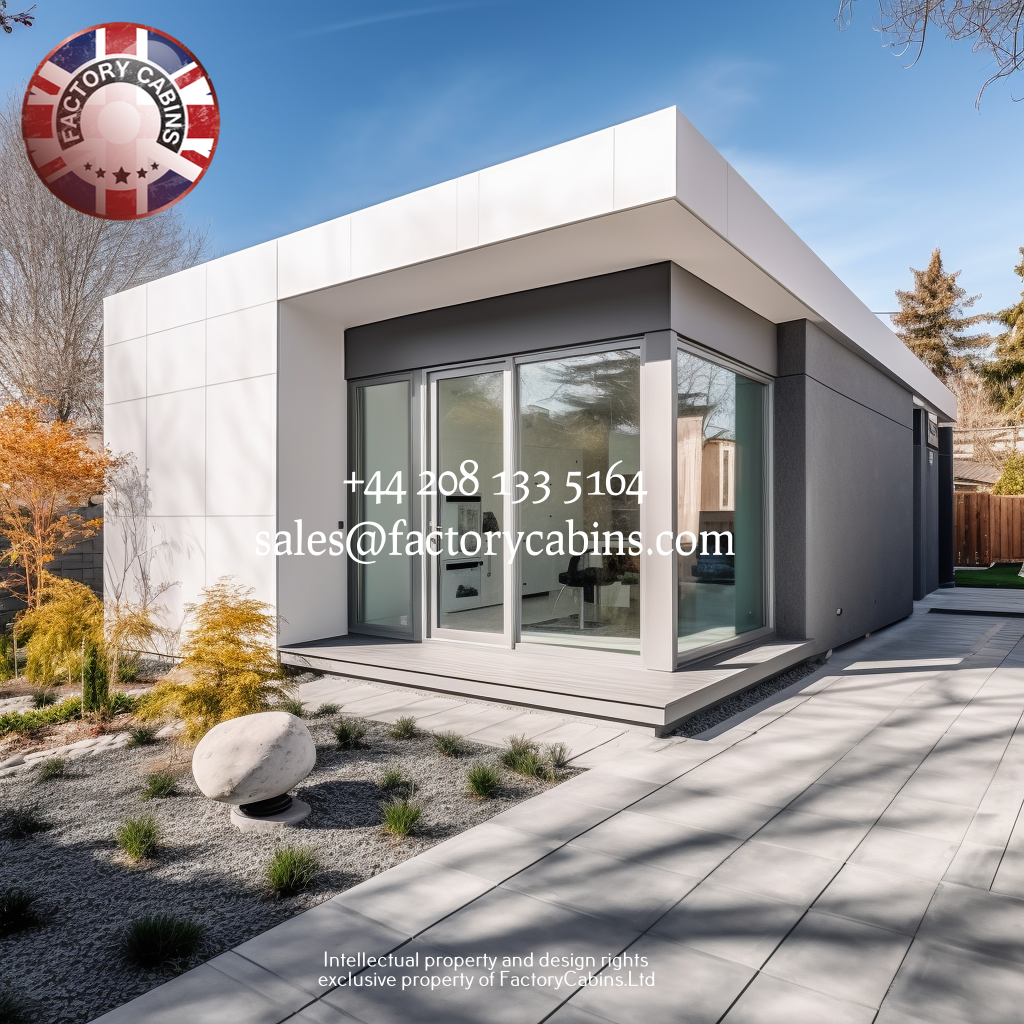
I. introductory paragraph
A. SIP Panel Definition
SIPs, or structural insulated panels, are composite building materials made up of an insulating layer sandwiched between two structural facings. This construction method results in a strong, energy-efficient building envelope.
B. Growing Sustainable Construction Trend
In the construction industry, SIP panel buildings are becoming more and more popular as sustainability gains traction. Architects, builders, and homeowners are increasingly using SIPs to achieve environmental and energy efficiency goals.

C. Insulation’s Importance in Modern Homes
Insulation has become an essential component of modern home building as people become more aware of climate change and the need for energy-efficient solutions. SIP panels provide a comprehensive approach to insulation, meeting environmental considerations as well as the demand for cost-effective energy use.
II. SIP Panels: An Overview

A. SIPs (Structural Insulated Panels)
- Materials and composition
A core insulating material, such as expanded polystyrene (EPS), polyurethane, or polyisocyanurate, is generally sandwiched between oriented strand board (OSB) or plywood facings in SIP panels.
- SIP Panel Operation
The interaction of the insulating core and the structural facings generates a barrier that considerably lowers heat transmission, resulting in an effective building insulation solution.

B. SIP Panel Types
- SIPs constructed from EPS, or expanded polystyrene.
EPS SIPs, which are lightweight and low-cost, provide excellent insulation and are widely used in residential construction.
- SIPs made of polyurethane
Polyurethane SIPs offer a better insulation value than EPS, making them an excellent alternative for energy-efficient applications.
SIPs made of polyisocyanurate
Polyisocyanurate SIPs are frequently used in applications requiring high-performance insulation due to their better fire resistance and insulation qualities.
III. The Benefits of SIP Panel Buildings
A. Energy Conservation

- Lowering Heating and Cooling Costs
SIP panels’ inherent insulating capabilities considerably reduce the energy required for heating and cooling, resulting in significant cost savings for homeowners.
- Environmental Implications
SIP panel buildings reduce greenhouse gas emissions by cutting energy use, coinciding with worldwide efforts to address climate change.
B. Rapid Construction
- Time-Saving Features
SIP panel construction is noted for its efficiency, which allows for faster project completion as compared to traditional building methods.
- Labour and resource efficiency
The accelerated construction process of SIP panel buildings results in lower manpower costs and greater resource utilisation.
C. Structural Stability

- Natural Disaster Resistance
Buildings made of SIP panels have increased structural strength, making them more resistant to earthquakes, hurricanes, and other natural calamities.
- Durability and longevity
SIP panels’ endurance means that homes built with this technology stand the test of time, requiring less maintenance over time.
IV. Environmental Longevity
A. SIP Panels and Green Building
- Use of Renewable Resources
SIP panels are typically made from renewable and recyclable materials that adhere to green building practises.
The accuracy with which SIP panels are manufactured minimises waste during construction and the environmental impact of the building process.
B. Carbon Footprint and Energy-Efficient Homes
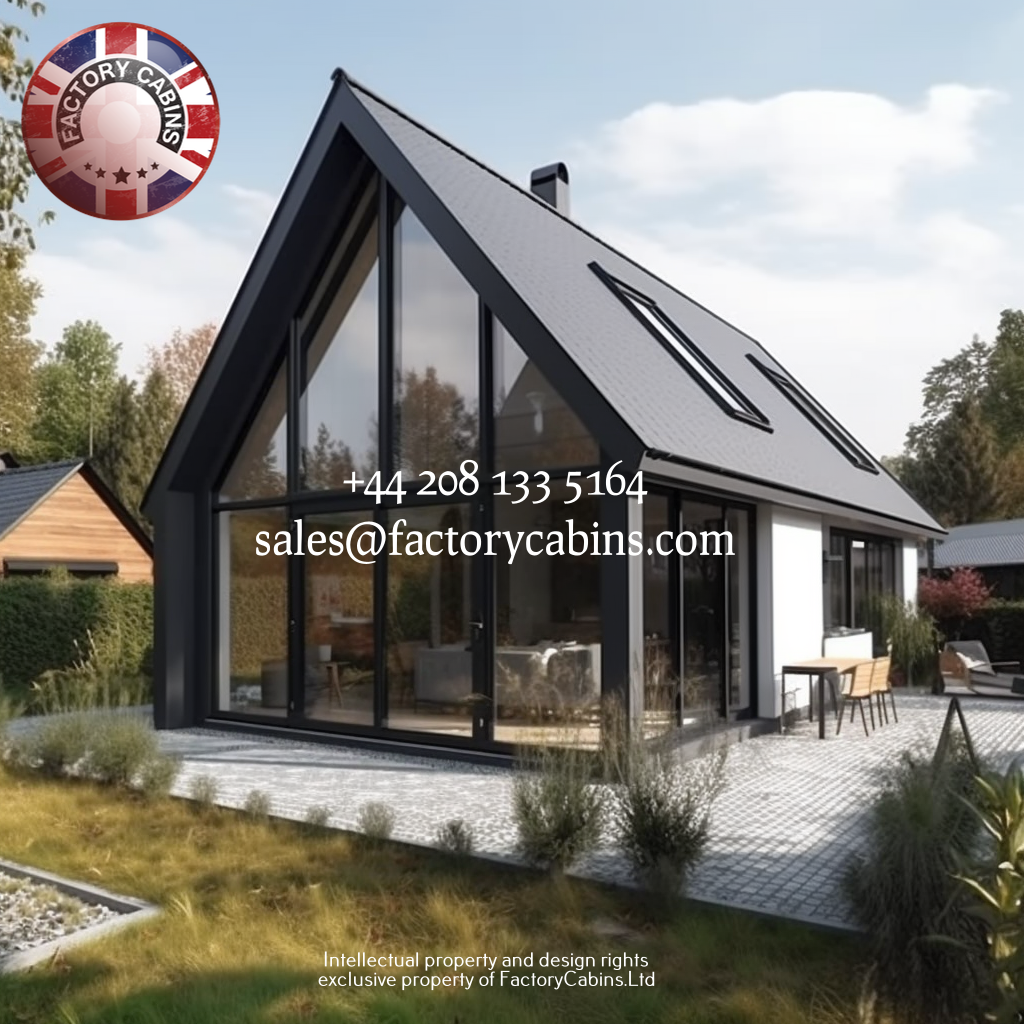
- Contribution to Climate Change Mitigation
SIP panel buildings help to mitigate climate change by encouraging energy-efficient living spaces and lowering total carbon footprint.
- Green Building Techniques
The use of SIP panels represents a dedication to sustainable building practises, supporting a trend towards environmentally friendly construction approaches.
V. Obstacles and Misconceptions
A. Initial Expenses vs Long-Term Savings
- Dispelling the Myth of Expensive Initial Investment
While SIP panels have a greater initial expenditure, the long-term savings in energy bills frequently outweigh the original investment, making them a financially sensible choice.
- Determining the Return on Investment
Understanding the long-term financial benefits of SIP panel construction entails calculating energy savings and potential property value gains.

- Defending Against Common Misconceptions
SIP panel houses, contrary to popular opinion, offer a number of design alternatives, allowing homeowners to construct unique living spaces.
- SIP Panel Customization Options
Together, homeowners and architects can create visually stunning designs that make use of SIP panels’ energy-saving capabilities.
Case Studies VI.
A. Successful SIP Panel Construction Projects
- Domestic Applications
Investigating prominent residential projects that show the advantages of SIP panels in the construction of comfortable and sustainable homes.
- Commercial and Industrial Achievements
looking into the potential benefits of SIP panel construction for commercial and industrial buildings, in addition to residential applications.

B. Lessons Discovered
- Key Takeaways from SIP Panel Implementation
Learning from previous projects can help guide future SIP panel construction initiatives.
- Overcoming Difficulties in Real-World Projects
The obstacles faced and inventive solutions applied in real-world SIP panel building settings are highlighted.
VII. The Future of Home Building
A. Technological Progress
- SIP Panel Manufacturing Innovations
Investigating developing technologies that improve the production process of SIP panels, making them more efficient and environmentally benign.
- Compatibility with Smart Home Technologies
Investigating how SIP panel buildings can interact seamlessly with smart home technology to improve comfort and sustainability.
B. Increasing Popularity in the Building Industry

insights into the growing awareness among construction professionals of the advantages of SIP panels.
- Consumer Demand for Eco-Friendly Homes
Homeowners are becoming more aware of the environmental impact of traditional construction processes, and there is a growing desire for sustainable living places.
DIY SIP Panel Construction VIII
A. Homeowners’ Possibility
- Assembly and DIY Kits
The viability of SIP panel construction is being investigated, including available kits and assembly techniques.
Workshops on SIP Panel Construction
Highlighting workshops and tools that enable homeowners to do their own SIP panel construction projects.
IX. Regulatory and Certification Requirements
A. Maintaining Compliance
- Building Standards and Codes
Understanding the regulatory framework and building regulations as they relate to SIP panel construction is critical for assuring compliance and safety.
- SIP Panel Manufacturer Certifications
reviewing certifications that confirm the SIP panel manufacturers’ standards are being met and quality is being maintained.
X. Finally,

A. SIP Panel Benefits Recap
SIP panel buildings offer various benefits, including energy efficiency, structural strength, and environmental sustainability.
B. Promoting Sustainable Home Building Options
Encourages homeowners, builders, and architects to explore SIP panels as a sustainable option for energy-efficient home construction.
C. Embracing the Insulated Living Spaces of the Future
SIP panel buildings are playing an important role in influencing the future of home construction by creating comfortable, efficient, and environmentally responsible living spaces.
